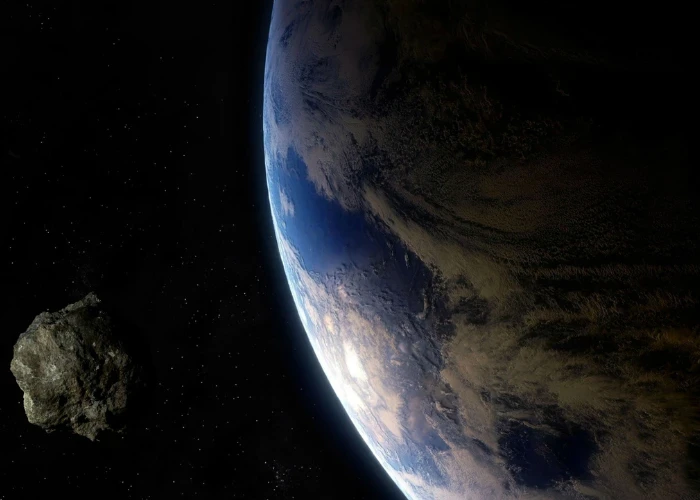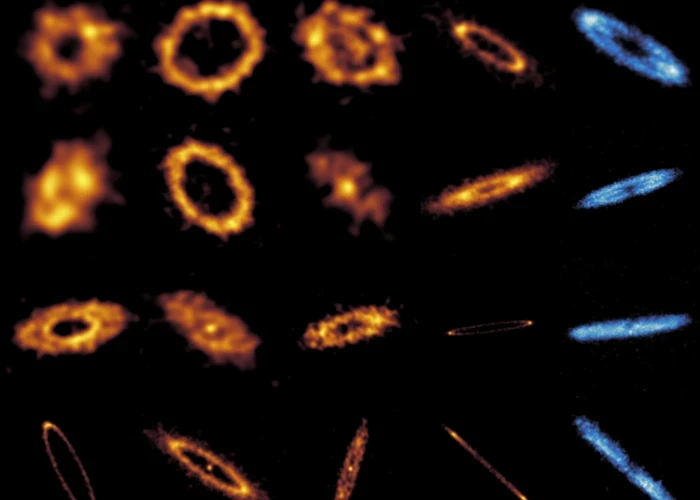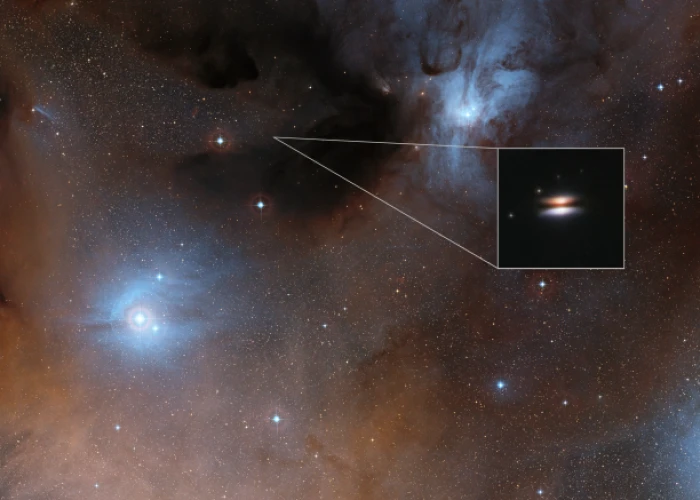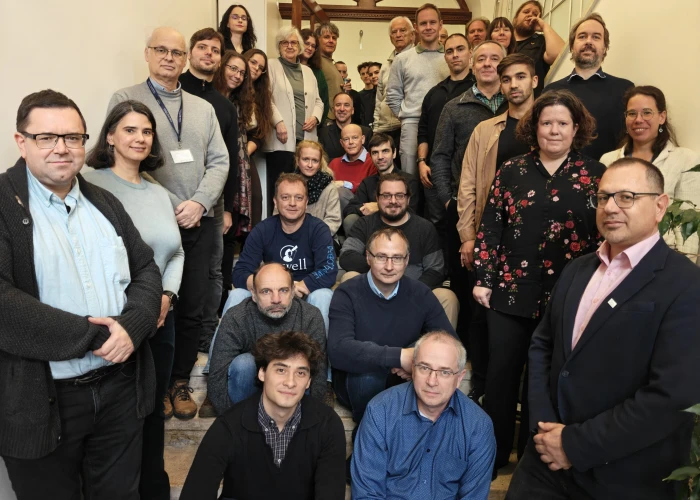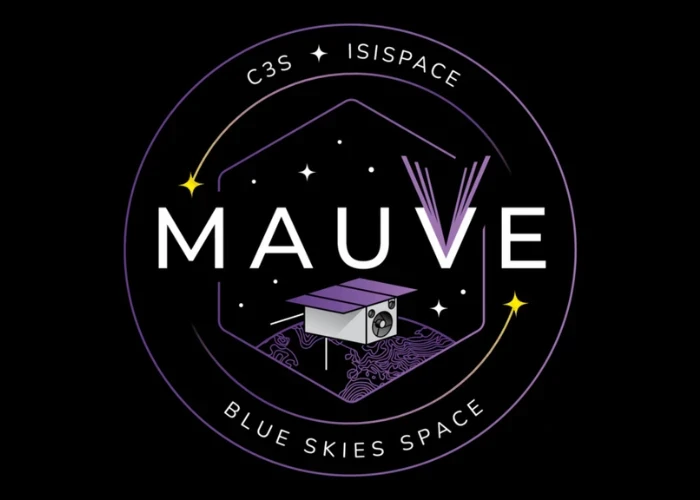


Maria Lugaro becomes member of the Academy
A historic moment: for the first time in its 200 years of existence, the Hungarian Academy of Sciences has elected a woman astronomer as one of its members.
Announcement (in Hungarian)
Previous
Next




